Kay Green remembers reading about Liberia in an article in the Southern Baptist Women's magazine, Mission Mosaic. A friend of hers, Carol Gutshall, contacted Dignity:Liberia’s founder and president, Kathi Gutierrez, who subsequently did a program at the Baptist Home, a nursing facility. Kay’s ladies group began to sew dresses and reusable menstrual pads. They later participated in a sewing day at board member Linda Thornsberry's church, First Baptist Church of Lee’s Summit.
Susie Calaway learned about Dignity:Liberia and the obstetric fistula problem in the country from Kay. They made their first trip to Liberia in 2019 and a second trip in 2020 just before the global shutdown due to the COVID pandemic. They recently returned from their third 3rd “sewing trip” in March of this year. Susie also participated in the “building trip” in 2021, when American and Liberian volunteers worked with the paid construction workers on House of Hope and Dignity, our maternity waiting home. Kay and Susie shared what they learned about obstetric fistula and became part of the solution.
After the recent workshops in Liberia, some of the participants passed on what they learned with other women and girls. A young lady who attended one of the classes held on the Lott Carey Baptist Mission School campus, taught a class in her community, sharing what she learned. Similarly, a group of young women who are members of an organization called TEAM – Together Everyone Achieves More, attended one of the 2024 reusable menstrual pad workshops in Monrovia and subsequently organized their own a reusable sanitary pad training sessions. Following a class in Telecom community in Kakata, Margibi County, they received permission from Liberia’s Ministry of Justice to hold classes in women’s prisons. They shared pictures and video with board member Anne-Marie Mueller.
The song “Pass it On” includes the line, “It only takes a spark to get a fire going.” You can be that spark! Spread the word about obstetric fistula in Liberia and what Dignity:Liberia is doing to combat this injury. Long-time supporter Miatta Caine recently wrote an article for TLC Africa. There are other ways to spread the word: repost this blog on your Facebook newsfeed talk about obstetric fistula in small gatherings with friends. How did you hear about obstetric fistula? How did you learn about Dignity:Liberia? Pass it on!
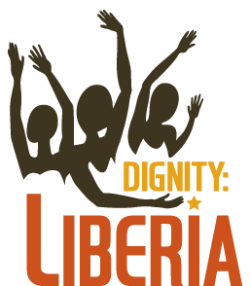

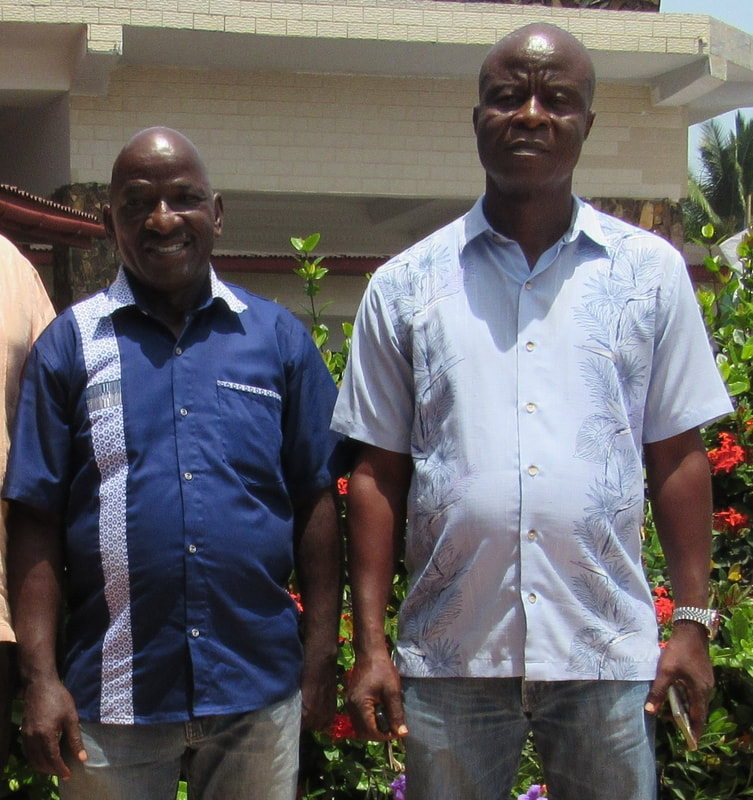
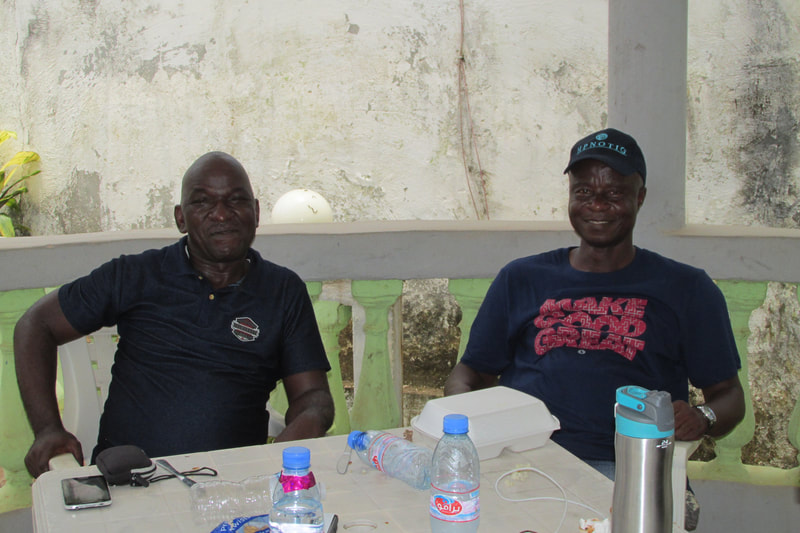
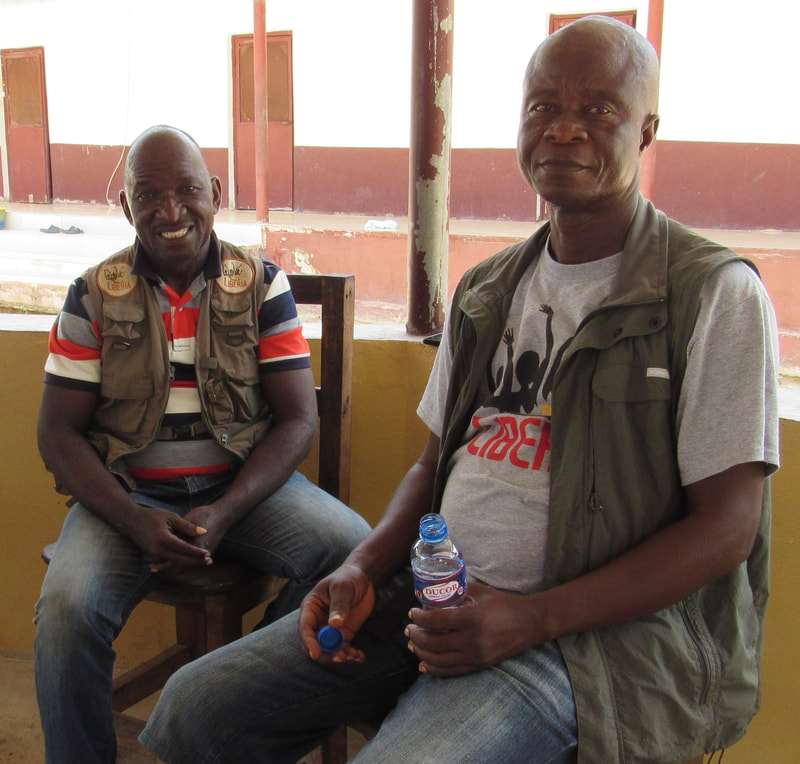
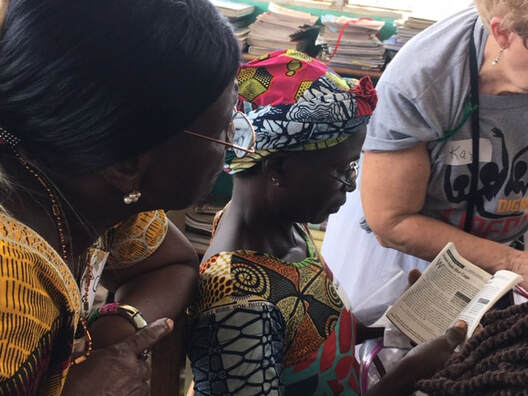
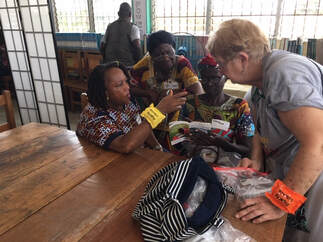
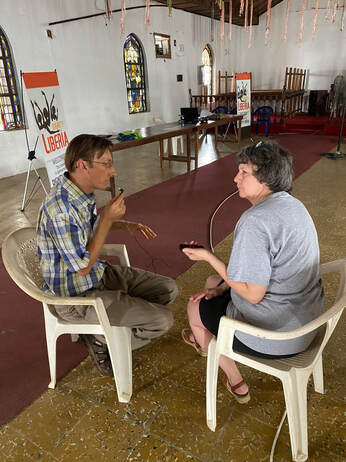
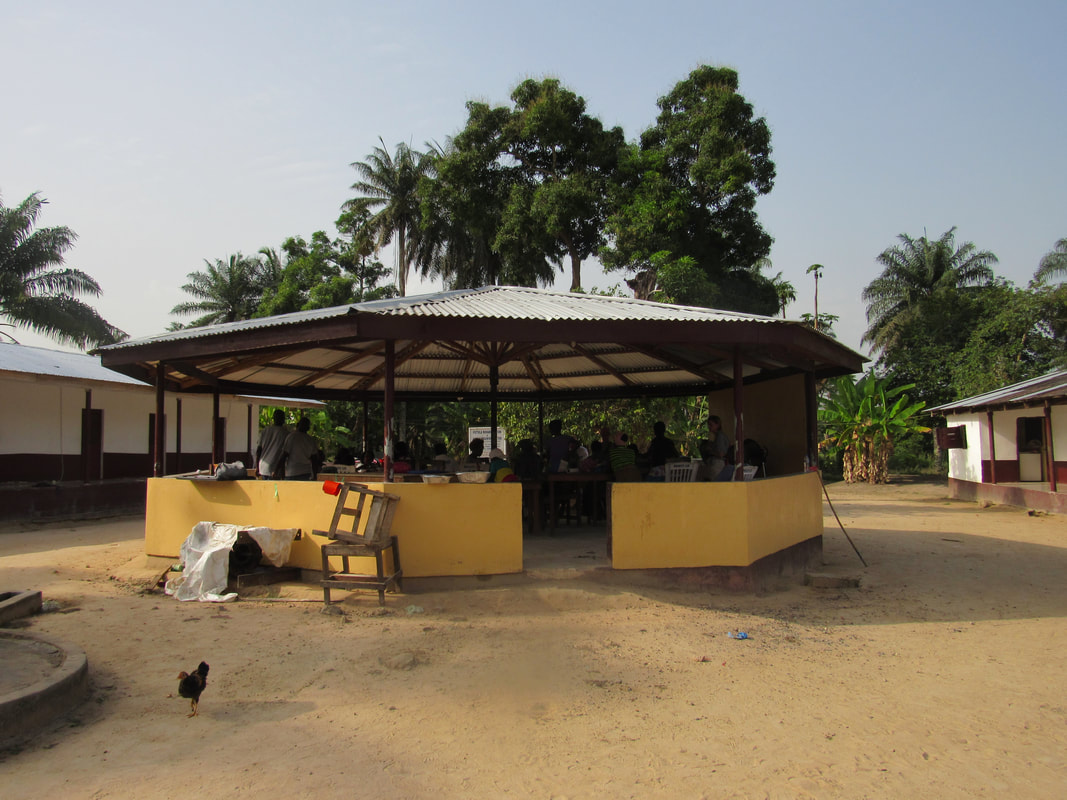

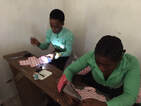
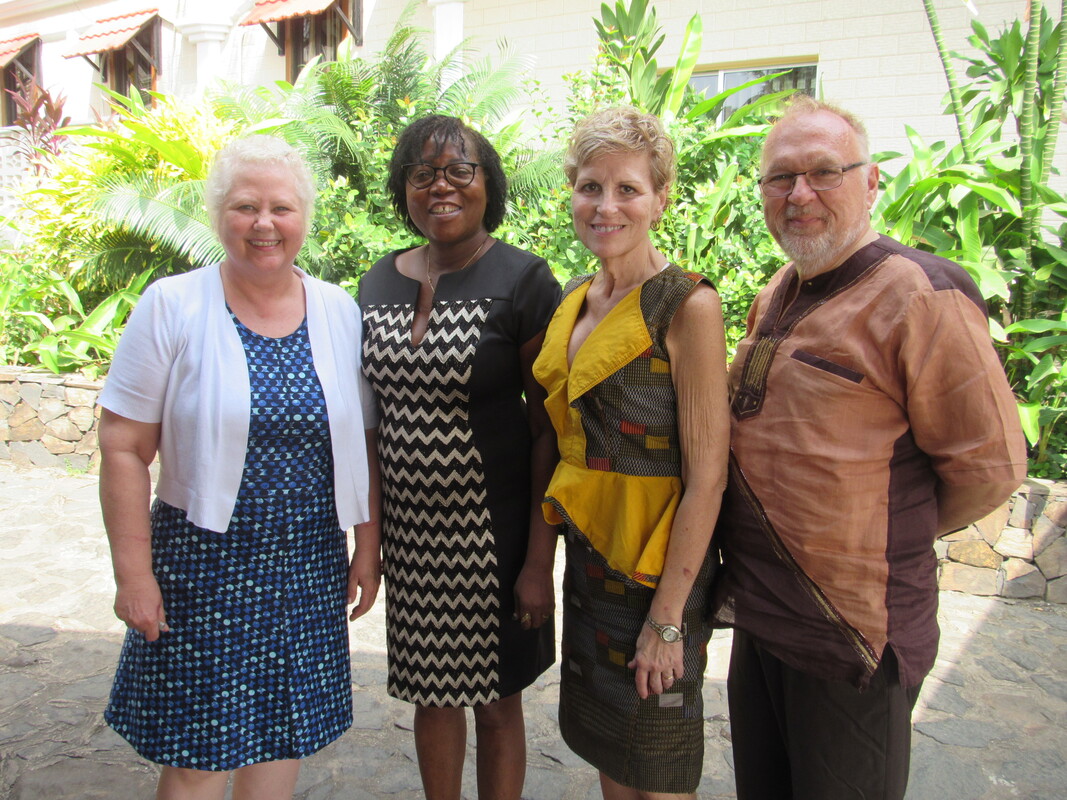
 RSS Feed
RSS Feed